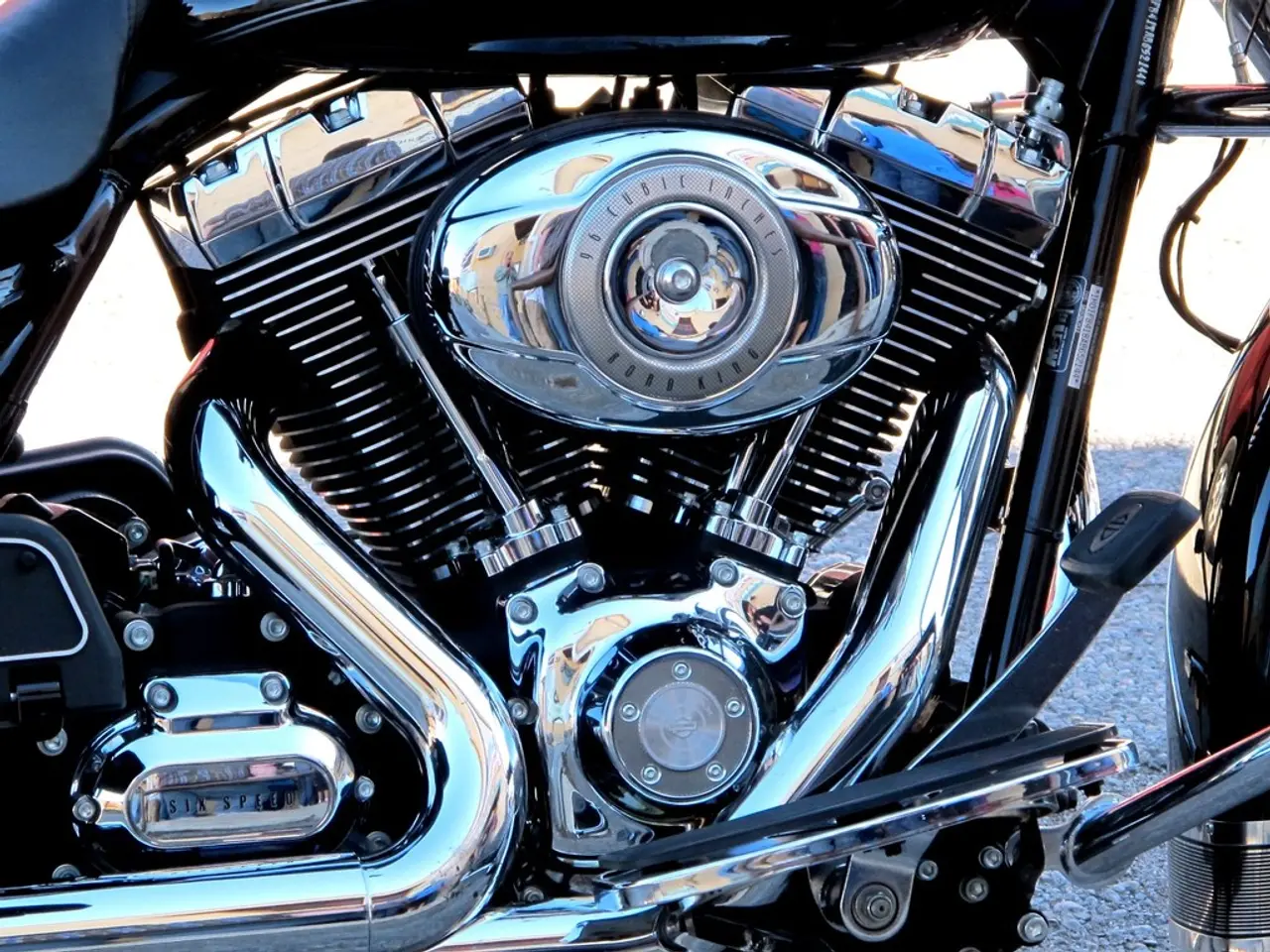Simply a Tap: A Knock Equivalence for Convenience
In the world of automobiles, the starter motor plays a crucial role in getting your engine running. However, like any mechanical component, it can encounter issues over time. This article will delve into the common problems that can arise with a starter motor and potential solutions.
The starter motor is an electric device that drives a shaft and a small pinion gear to rotate the flywheel, enabling the internal combustion engine to start. It receives power from the starter battery. Some components that may wear out or break include magnetic switches, engagement bearings, the engagement shaft with the pinion gear, or the pinion gear itself.
A faulty starter motor can prevent the engine from starting, causing inconvenience and potential safety hazards. However, there are several ways to address this issue.
One common problem is a malfunctioning magnetic switch. Fortunately, this component can often be overhauled without the need for new parts. Hobbyists can give their car's starter a gentle tap to free the cylinder from the piston, but they must first cut off the power supply to the starter and disconnect the battery.
Another issue is dirt or grime accumulating in the magnetic switch with the cylinder and piston, or corrosion due to weather conditions. This can cause grooves or scratches on the cylinder, causing it to stick and no longer engage smoothly. Overhauling the starter includes cleaning and treating the cylinders in the magnet switch's piston with fine sandpaper, greasing them, and reassembling them.
In some cases, a howling sound may be heard if the pinion gear of the starter motor slips on the flywheel. This is a clear sign of a problem that requires attention.
The cost of a new starter motor varies depending on the make, model, and engine. For instance, a new starter for a Ford Fiesta or VW Golf V can cost between 200 and 350 euros, plus the costs for removal and installation. However, repairing a starter can be a more cost-effective option, with costs ranging from 150 to 300 euros, depending on the specifics of the vehicle.
In the event of a defective starter motor, it can be repaired, overhauled, or replaced. Specialized workshops can overhaul starters, disassembling and repairing components as needed. Alternatively, a new starter motor can be purchased and installed.
It's essential to note that the starter motor is an electric starter for an internal combustion engine, regardless of whether it's a gasoline or diesel engine. In mid- or luxury vehicles, the starter can cost a few hundred euros.
For instance, the manufacturer of the disrupted starter motor in a mentioned example vehicle is Shandong Nitai Electromechanical Co., Ltd., a company based in Liaocheng, Shandong, China, specializing in starter motors including those for Mitsubishi engines.
Lastly, it's worth mentioning that a relay for switching the starter motor is also a common defect. As always, it's advisable to consult a professional mechanic when encountering issues with your vehicle's starter motor.
In conclusion, understanding the common issues with car starters and the available solutions can help vehicle owners make informed decisions when faced with such problems. Regular maintenance and timely repairs can significantly prolong the lifespan of a starter motor.
Read also:
- Duty on cotton imported into India remains unchanged, as U.S. tariffs escalate to their most severe levels yet
- Steak 'n Shake CEO's supposed poor leadership criticism sparks retaliation from Cracker Barrel, accusing him of self-interest
- Hydrogen Energy: Sustainable Innovation or Resource Exploitation?
- Dim outlook for a major energy corporation







